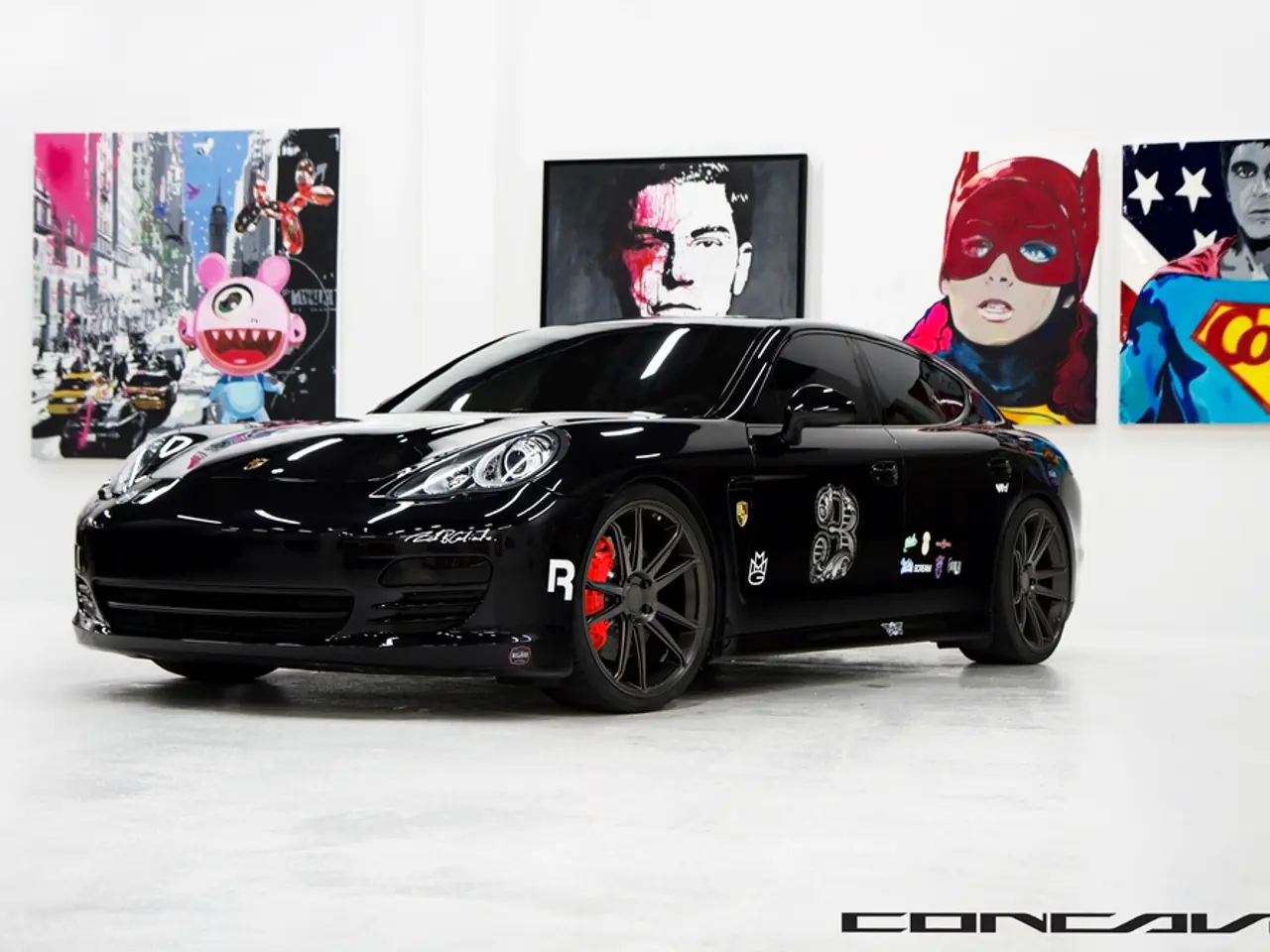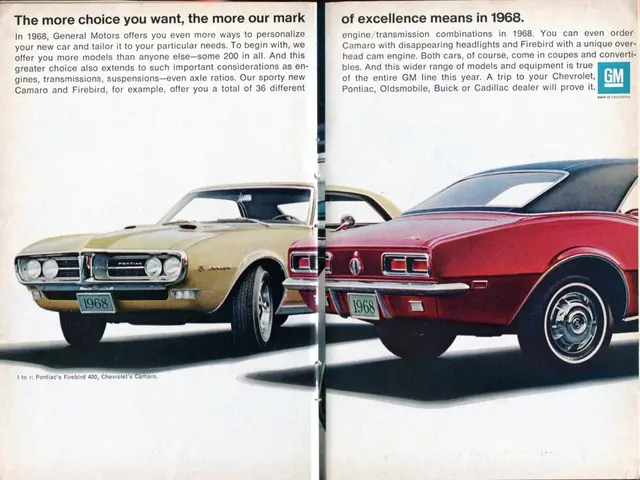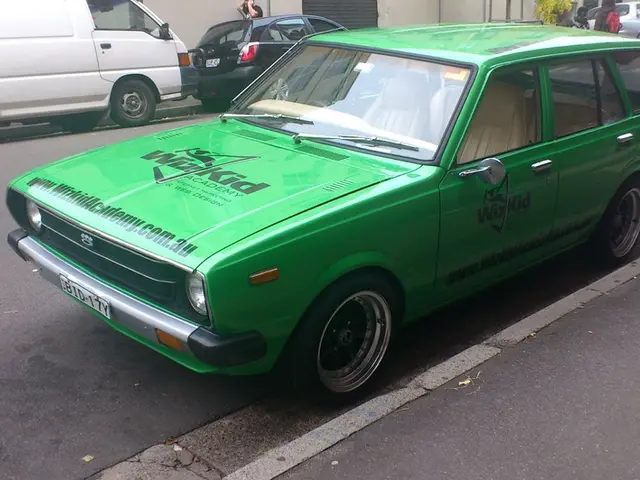Tokyo Mobility Show: Mazda's Emotion-Responsive Cars, Toyota's Flying Aircraft, and More
The Tokyo Mobility Show has been buzzing with innovative transport concepts. Mazda's CEO has revealed plans to develop cars that respond to drivers' emotions and reduce emissions. Meanwhile, Toyota has showcased a helicopter-like aircraft and a collapsible electric bicycle. The show comes as Japanese automakers face potential tariffs and consider U.S. imports to balance trade.
Mazda's CEO has set an ambitious goal to create cars that understand and adapt to drivers' emotions. This emotional intelligence, combined with a commitment to reducing carbon emissions over time, signals a shift towards more intuitive and eco-friendly cars.
Toyota has been making waves with its futuristic developments. The company displayed a helicopter-like aircraft, a joint project with Joby, which could revolutionise air travel. Additionally, Toyota's Land Hopper, a collapsible electric bicycle, is designed to fit neatly into the upcoming Carmax Land Cruiser FJ.
The Tokyo Mobility Show has also seen Nissan's innovative electric car prototype, featuring a solar-powered roof that can generate power for other devices. This not only enhances the car's eco-friendliness but also its practicality. Furthermore, Nissan's concept car targets environmentally conscious mothers, also serving as a power station during disasters.
Honda's Uni-One robotic chair, expected by 2035, aims to provide quick personal mobility. This could significantly impact urban transportation and accessibility.
The show's futuristic transport concepts come at a time when Japanese automakers are considering importing U.S.-made models to mitigate trade imbalances. Trump's auto tariffs are expected to erase over 2 trillion yen ($13 billion) from automakers' annual profits, prompting Japanese companies to explore new strategies.
The Tokyo Mobility Show has demonstrated Japan's commitment to innovative, eco-friendly transportation. With Mazda's emotional intelligence cars, Toyota's aircraft and electric bicycle, Nissan's solar-powered car, and Honda's robotic chair, the future of mobility seems promising. Meanwhile, Japanese automakers are strategising to navigate potential tariffs and trade imbalances, potentially through U.S. imports and collaborative efforts.
Read also:
- American teenagers taking up farming roles previously filled by immigrants, a concept revisited from 1965's labor market shift.
- Weekly affairs in the German Federal Parliament (Bundestag)
- Landslide claims seven lives, injures six individuals while they work to restore a water channel in the northern region of Pakistan
- Escalating conflict in Sudan has prompted the United Nations to announce a critical gender crisis, highlighting the disproportionate impact of the ongoing violence on women and girls.





